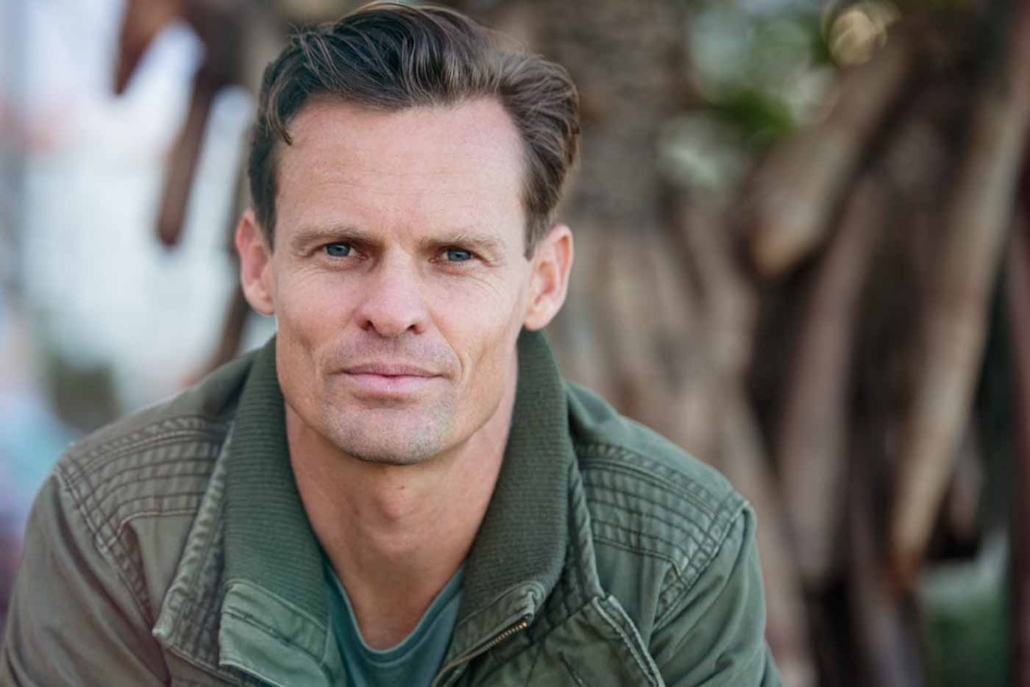Veteran Labour Hire: Bridging the Gap Between Military and Civilian Careers
Transitioning from military to civilian life can be a daunting journey for many Australian Defence Force (ADF) veterans. At Ironside Resources, we understand the unique challenges faced by Veterans and are committed to providing veteran labour hire solutions that make this transition smoother. Whether it’s finding the right job or adapting to a new work environment, our mission is to support veterans every step of the way.
Understanding the Challenges of Transitioning Veterans
Veterans often face a unique set of challenges when re-entering the civilian workforce. The skills acquired during military service are invaluable, yet translating these skills into a civilian context can be tricky. Many veterans struggle with identifying how their military experience fits into civilian job roles. Have you ever wondered how your leadership skills from the military could translate into a management role? It’s a common question among veterans.
Moreover, the cultural shift from a structured military environment to a more flexible civilian workplace can be overwhelming. Veterans may find it difficult to adjust to new social norms and workplace dynamics. This is where veteran labour hire services come into play, offering tailored support to bridge these gaps.
If you’re curious about the broader context of veteran employment, the Australian Government’s Department of Veterans’ Affairs offers a wealth of information on the subject.
The Benefits of Ironside’s Veteran Labour Hire in Career Transitions
Our veteran labour hire services are designed to connect veterans with employers who value their unique skill sets. At Ironside Resources, we focus on matching veterans with roles that not only suit their skills but also align with their career aspirations. This personalised approach ensures that veterans find meaningful employment that respects their past experiences and future goals.
Our team works closely with veterans to understand their individual needs and challenges. We provide guidance on resume building, interview preparation, and skill translation. By doing so, we empower veterans to confidently present themselves to potential employers. Ever tried explaining your military role to a civilian employer? It’s a game-changer when you have the right support.
Success Stories: Veterans Thriving in Civilian Roles
We’ve seen countless veterans thrive in civilian roles through our veteran labour hire services. Take John, for example, a former logistics officer in the ADF. With our help, he transitioned into a supply chain management role in a leading logistics company. John’s attention to detail and strategic planning skills, honed during his military service, proved invaluable in his new position.
Another success story is Sarah, who served as a communications specialist in the ADF. With our guidance, she secured a role in corporate communications, where her ability to convey complex information clearly and effectively set her apart. These stories are just a glimpse of how veterans can leverage their military skills in civilian careers.
How Employers Benefit from Hiring Veterans
Employers who hire veterans often find that they gain dedicated, disciplined, and highly skilled employees. Veterans bring a wealth of experience in leadership, teamwork, and problem-solving. They are accustomed to working under pressure and have a strong sense of duty and commitment.
By hiring Veterans, companies not only gain skilled employees but also contribute to a broader social responsibility. Supporting veterans in their career transition is a way for businesses to give back to those who have served their country. It’s a win-win situation where both veterans and employers benefit.
Taking the Next Step in Your Career Transition
Are you a veteran ready to take the next step in your career transition? At Ironside Resources, we’re here to help you navigate this journey with confidence. Our Veteran employment and labour hire services are designed to support you in finding a role that matches your skills and aspirations. Don’t let the challenges of transitioning hold you back from achieving your career goals.
Ready to explore your options? Book a Free Career Consult with us today and discover how we can assist you in your career journey. Visit our Ironside Contractor Workforce page to get started. Let’s work together to turn your military experience into a successful civilian career.

 Ironside Labour
Ironside Labour Ironside Resources
Ironside Resources
 Ironside Resources
Ironside Resources